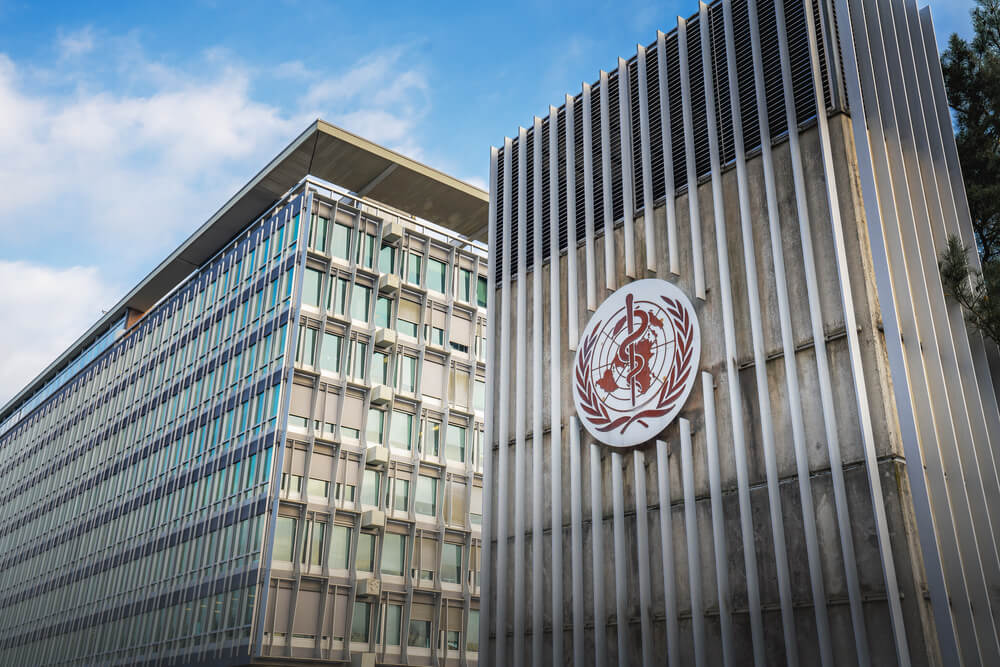A golden age of resilience against diseases caused by bacteria, viruses, fungi and parasites that started with the discovery of penicillin in 1928 has ended, with experts saying that the rise of drug-resistant superbugs could make the COVID-19 pandemic appear inconsequential.
Growing numbers of people with deadly infections would mean “isolating people who were untreatable in order not to infect their families and communities,” according to Sally Davies, the UK’s special envoy on antimicrobial resistance (AMR).
Her goddaughter died two years ago from an infection that could not be treated. “So it’s a really disastrous picture. It would make some of Covid look minor,” she told The Guardian.
AMR contributes to 5 million deaths a year and experts warn superbugs that have evolved to evade drugs could kill nearly 40 million people before 2050, according to a new study published on 16 September in The Lancet.
The warning came as experts prepare to meet on 26 September at the UN General Assembly to mobilise action that should include infection prevention, vaccination, cutting antibiotic use in farming and humans, and research into new antibiotics, said the study.
Could you die from a simple dental infection?
Public health officials hope the New York meeting will agree on a set of targets akin to those for other global challenges, such as HIV or climate change. But this may be a tall task in a time of less, not greater, multilateral co-operation.
Hence the dire warnings about how AMR can affect everyone now and not people in remote countries in the distant future.
“Could you die from a simple dental infection? … AMR means this could become an everyday reality,” wrote Lindsey Edwards, microbiology expert at King’s College London.
AMR deaths already surpass those from malaria, HIV and tuberculosis in Africa
AMR deaths already surpass those from malaria, HIV and tuberculosis in Africa, says the Africa Centres for Disease Control and Prevention and the African Union’s InterAfrican Bureau for Animal Resources in a recent report. “If AMR spreads unchecked, many infectious diseases will become untreatable, reversing a century of progress in medical practices,” it says.
The report calls for an increase in local manufacturing of pharmaceuticals, which sounds counter-intuitive but access to a greater variety of drugs would mean reducing over-reliance on just a few available drugs that can lead to increased resistance to pathogens.
The spillover of resistant infection
Wars along with the lack of hygiene, the impact of concentrated heavy metals used in weaponry, and the shortage of access to basic medicines, tests and labs are a breeding ground for drug-resistant infections.
The conflicts in Gaza and Ukraine could lead to the spillover of resistant infection into neighbouring countries, Europe and the US, the World Health Organisation warns.
But there is fear that countries will water down the action needed to address AMR in the text to be adopted at the UN following lobbying by industries including pharmaceutical and big agriculture.
For example, an early version of the text seen by Politico called for countries to reduce the amount of antibiotics used in the global food system by 30% by 2030 and to eliminate the animal use of antimicrobials essential for fighting human infections.
 The World Health Organisation warned that dangerous strains of a “hyper-virulent” superbug that is resistant to drugs and causes severe infections had been detected in the US and 15 other countries
The World Health Organisation warned that dangerous strains of a “hyper-virulent” superbug that is resistant to drugs and causes severe infections had been detected in the US and 15 other countries
But a later version said countries should “strive to meaningfully reduce” the amount of antibiotics used in the food system by 2030, and to “commit to ensure that the use of antimicrobials in animals and agriculture is done in a prudent and responsible manner.”
The final draft seen by Politico and dated 9 September showed little change. It sets the goal of reducing “global deaths associated with bacterial antimicrobial resistance by 10 per cent by 2030” against a 2019 baseline of 4.95 million deaths.
One control measure set to be implemented is a global independent panel for AMR modelled on other expert panels such as the Intergovernmental Panel on Climate Change. Countries have started to make pledges to fund such a panel amid warnings that AMR could cost the global economy a cumulative $100 trillion by 2050.
Furthermore, low and middle-income countries that are disproportionately affected by AMR need more investment to provide clean water and sanitation, infection control and childhood vaccines at a time when the development budgets of richer countries are being slashed.
The World Health Organisation published on 3 September new global guidance on antibiotic pollution and pharmaceutical waste from manufacturing that presently is largely unregulated but its uptake remains to be seen.
The global health body also recently warned that dangerous strains of a “hyper-virulent” superbug that is resistant to drugs and causes severe infections had been detected in the US and 15 other countries.
Called Klebsiella pneumoniae (hvKp), it can be deadly even in people with healthy immune systems and is known to cause pneumonia, urinary tract infections, bloodstream infections and meningitis. The superbug’s prevalence may even be underestimated.
Perhaps further warnings about the dangers to us all may prompt countries to make some tough moves in New York.